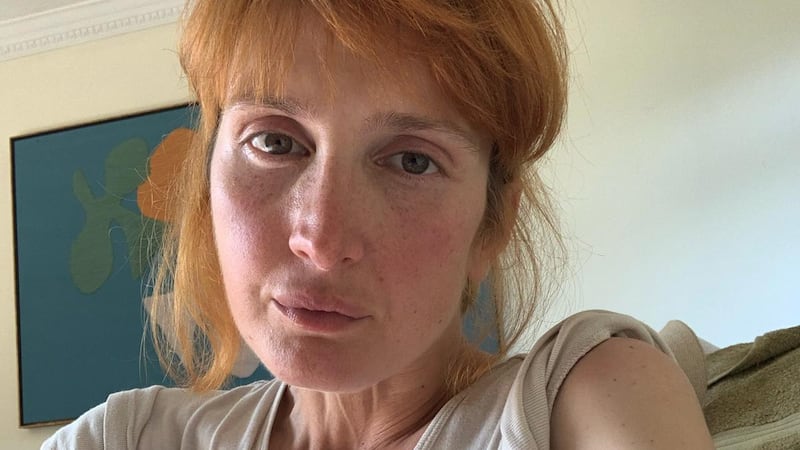AN all-Ireland food standards zone could be set up as part of an alternative to the Irish backstop.
Prime Minister Boris Johnson said yesterday he was open to the idea of food and agriculture products being managed on an Ireland-wide basis after the UK leaves the European Union.
If Northern Ireland was to align with the Republic, it would continue to follow EU rules.
Food products coming from Britain to the north would be subject to controls and checks.
Mr Johnson said he will discuss the issue with Taoiseach Leo Varadkar when he meets him in Dublin on Monday and will also address it with the EU.
"We recognise that for reasons of geography and economics agri-food is increasingly managed on a common basis across the island of Ireland," he said.
"We are ready to find ways forward that recognise this reality provided it clearly enjoys the consent of all parties and institutions with an interest."
The prime minister is strongly opposed to the backstop, which aims to prevent a hard border between the north and the Republic.
The island of Ireland is already a single animal health zone and livestock coming from Britain is checked on entry.
This zone could now be extended to include food products.
The DUP last night expressed some interest in the idea.
The party's deputy leader, Nigel Dodds, told the BBC last night that the DUP would be "willing to sit down and look at what Boris is looking at and what can be done".
"We want to get a deal provided it's within the parameters of ensuring that it's not economically and constitutionally injurious to the union of Great Britain and Northern Ireland," he added.
Mr Dodds also called on the Irish government to speak directly to unionists about the backstop.
Branding the measure "anti-democratic", he said it means Brussels could make laws which impact on the north without proper scrutiny from London or Belfast.
"When we hear so much about conciliation and progress I hope that when our Prime Minister meets his Irish counterpart he might be able to encourage Mr Varadkar to engage with unionists on this vitally important issue," he said.
The European Commission has reportedly warned member states that Mr Johnson's government is reneging on its December 2017 to protect the all-Ireland economy and North-South cooperation.
RTÉ reported that the UK is resisting a "legally operable" solution for border in the event of a renegotiated Withdrawal Agreement and is instead pushing for "aspirational" measures to avoid a hard border.
North Down MP Sylvia Hermon yesterday claimed that the Crown Solicitor's Office in Belfast has advised the British government that a no-deal Brexit would be in contravention of the Good Friday Agreement.
Speaking in the Commons, the Independent MP called on the prime minister to publish the advice.
She also accused Mr Johnson of treating Northern Ireland and the Good Friday Agreement in a "careless manner".
But Mr Johnson said he had not seen "any such advice".
Meanwhile, a new report on the potential impact of a no-deal Brexit has warned that Northern Ireland will be "particularly badly hit" if the UK leaves the bloc without a formal agreement.
The report from research group, The UK in a Changing Europe, found that the reintroduction of border controls would lead to a reduction in exports.
It also warned of a rise in unemployment, an "increase in black market activity" and the possible return of direct rule from London.
The group's director Anand Menon said the report had drawn on the expertise of academics including researcher Katy Hayward from Queen's University Belfast.




